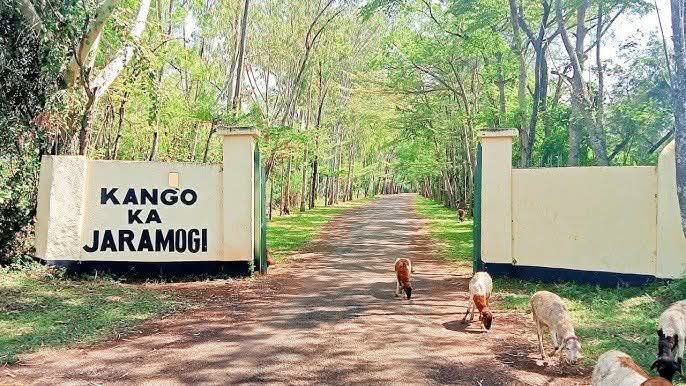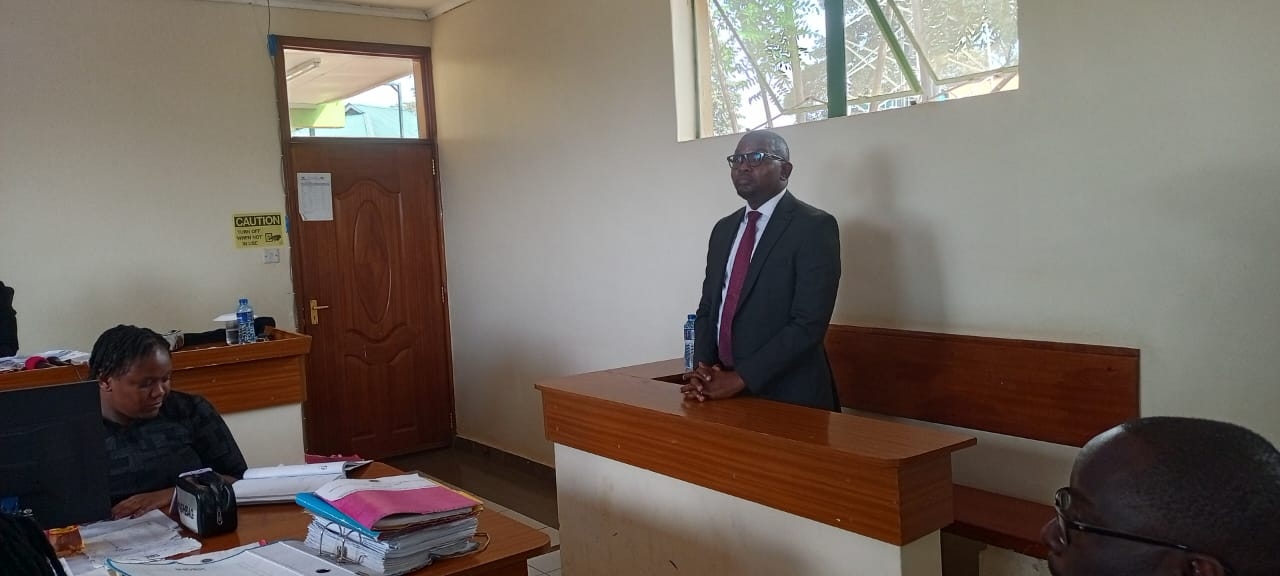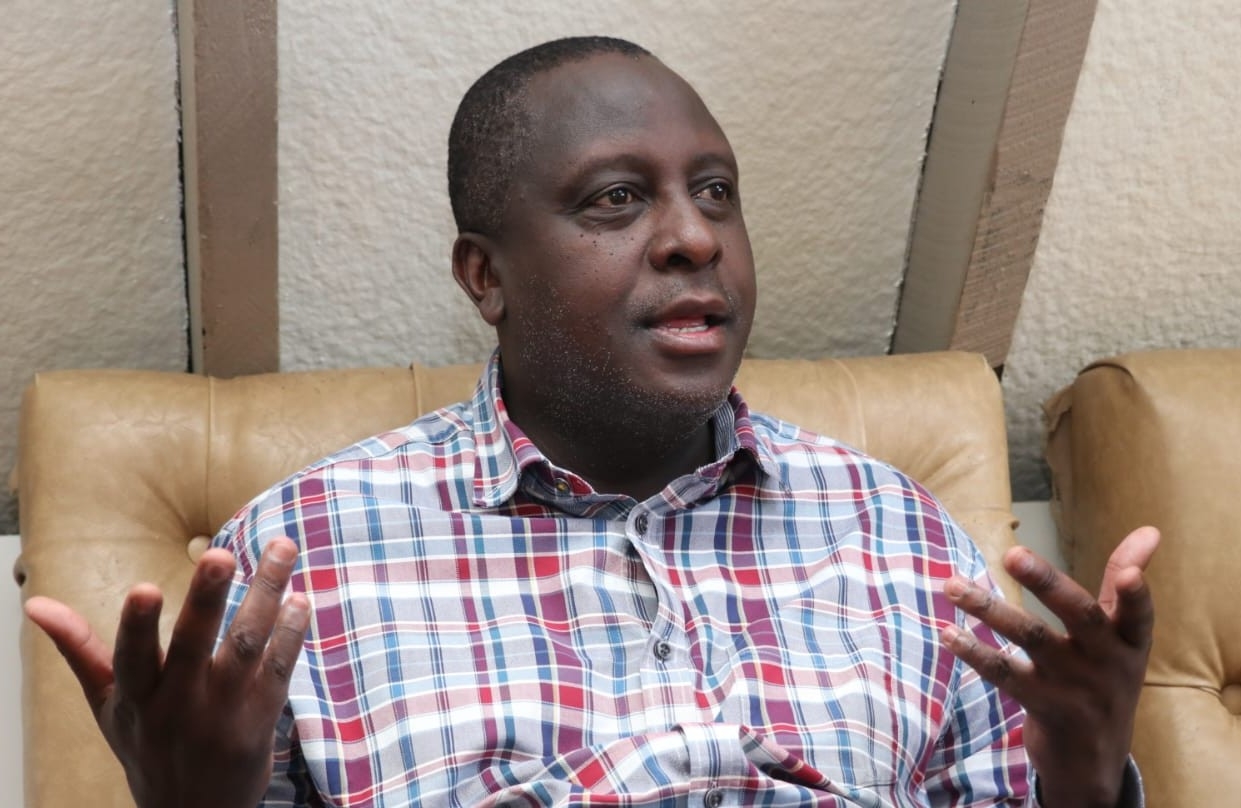Poultry farmers in Kenya dream of acquiring incubators for convenience and to cut costs.
In most cases that is not possible due to lack of money and electricity.
An innovator in Mbui-Nzau hills in Mwaani village, Makueni county, is seeking to change this by inventing a kerosene lamp incubator using recycled materials.
Urbanus Mwangangi, 28, uses old cardboard, wire mesh, iron sheet, thermometer, kerosene lamp and a plate to make the incubator.
Mwangangi, who holds a diploma in agricultural engineering from Kitale National Polytechnic, said he thought of inventing the incubator since his home area has no electricity and only few families can afford to instal solar panels.
He said he decided to put into practice what he learnt in college to help small-scale farmers in remote areas.
“The portable kerosene incubator is for small-scale farmers who cannot afford electricity connection or solar system. If you have like three hens laying eggs or you can afford to buy fertilised eggs, I have something good for you,” Mwangangi said.
"In my home area, most farmers do not have access to electricity and this simple technology will help them incubate eggs."
Mwangangi said one kerosene lamp can heat a 120-egg capacity incubator, with 98 per cent hatching success.
He said his technology is cost-effective because a farmer will only need two litres of kerosene for the 21-day incubation period.
Mwangangi said it takes him three days to make an incubator.
He sells one kerosene incubator at Sh15,000.
But even then, most small-scale farmers within Makueni cannot afford it.
Mwangangi said everything in the incubator has a purpose.
He said the cardboards help regulate the temperature since they are bad conductors of heat.
"The cardboard has holes to allow in fresh air," he said.
The small thermometer measures the temperature as the farmer has to keep on checking the temperature.
The incubator also has a small plate to hold water for healthy growth of the embryo.
The kerosene lamp is the main source of heat.
“When you lit the lamp it drives hot air through the chimney pipe inside the incubator. This releases warmth inside the incubator," Mwangangi said.
The chimney has an open end to release carbon dioxide to keep the lamp on.
"On daytime when it is hot, you will only need to take your incubator outside and reduce the lamp flame to cut kerosene consumption," he said.
"I train farmers important steps like when to turn eggs, the required temperature and how to maintain the incubator for free of charge."
Mwangangi is now partnering with The International Crops Research Institute for the Semi-Arid Tropic to mobilise small-scale farmers into groups and train them how to make an incubator for their own use.
Last year, he was sponsored by ICRISAT to acquire more skills at Nakuru Texo Engineering Company.
"I believe my kerosene lamp incubator technology is a game changer here. Through my assistance, eight farmers have acquired the skill and made their own. I urge Makueni residents to come for training to fight poverty in our homes," Mwangangi said.
He is now appealing to well-wishers to support him as he embarks on making a motorised plough for shamba preparation and planting.
Edited by A.N
“WATCH: The latest videos from the Star”













